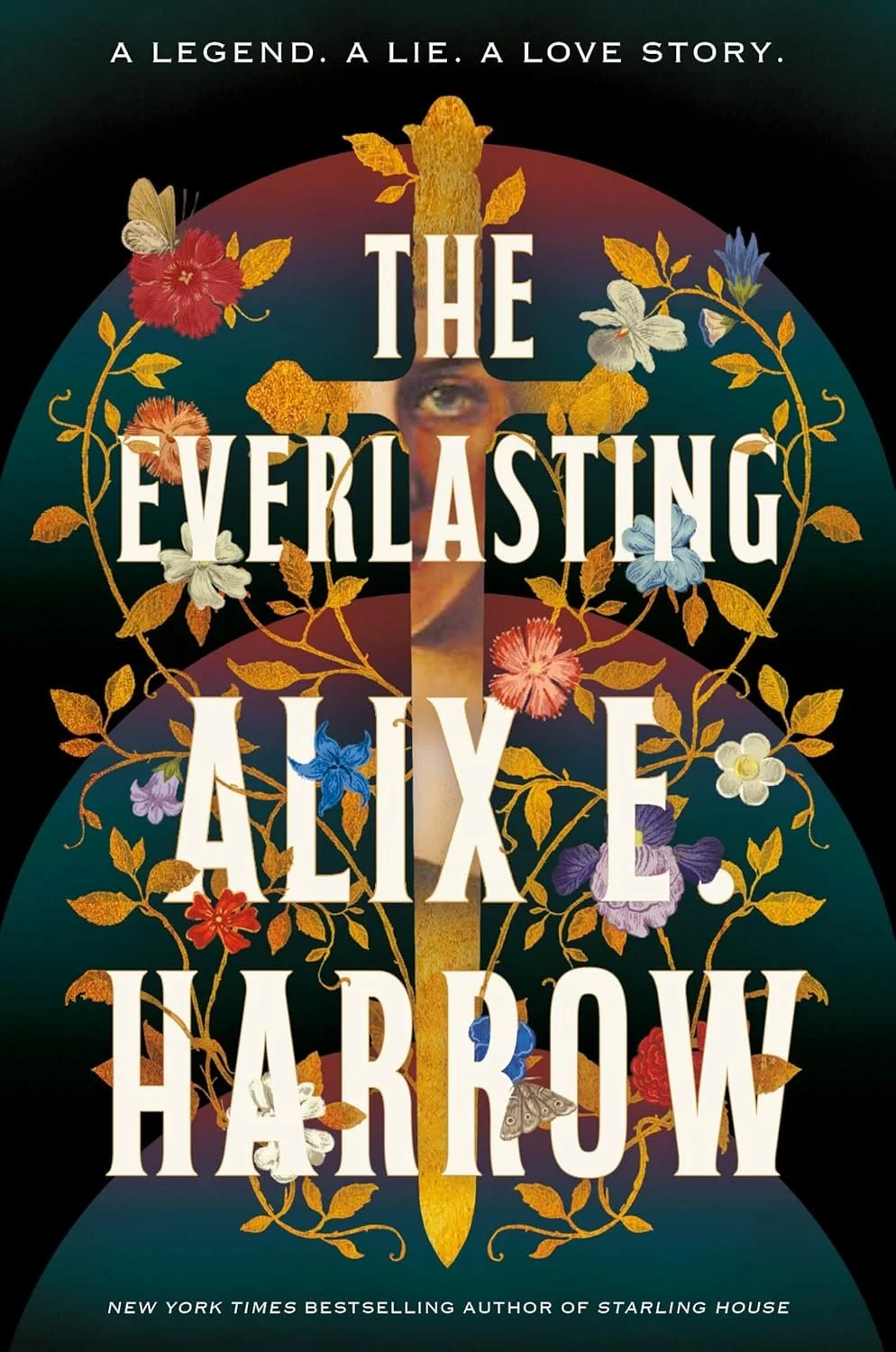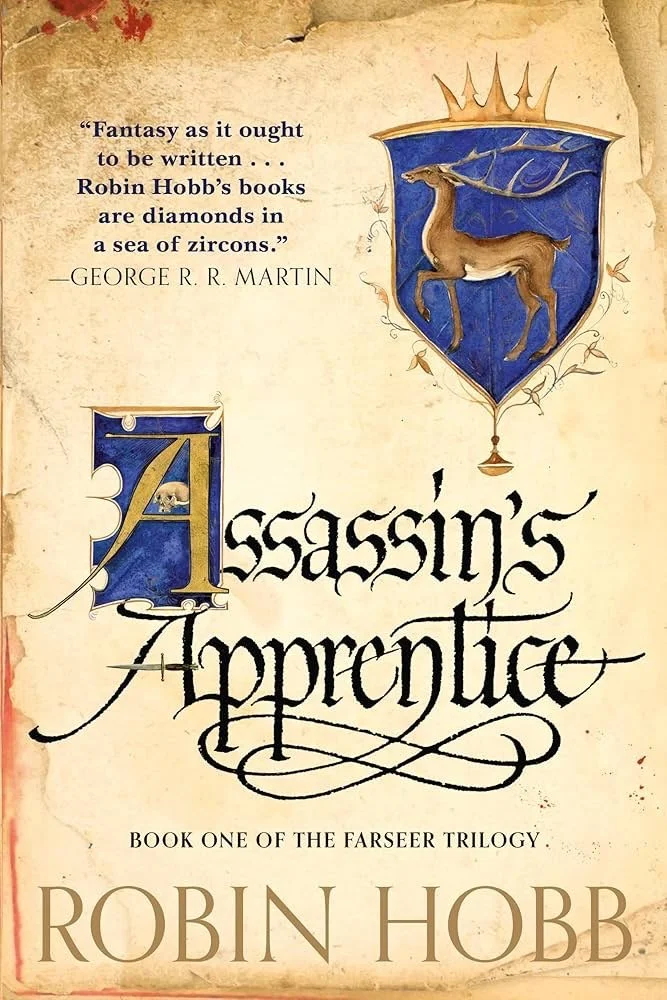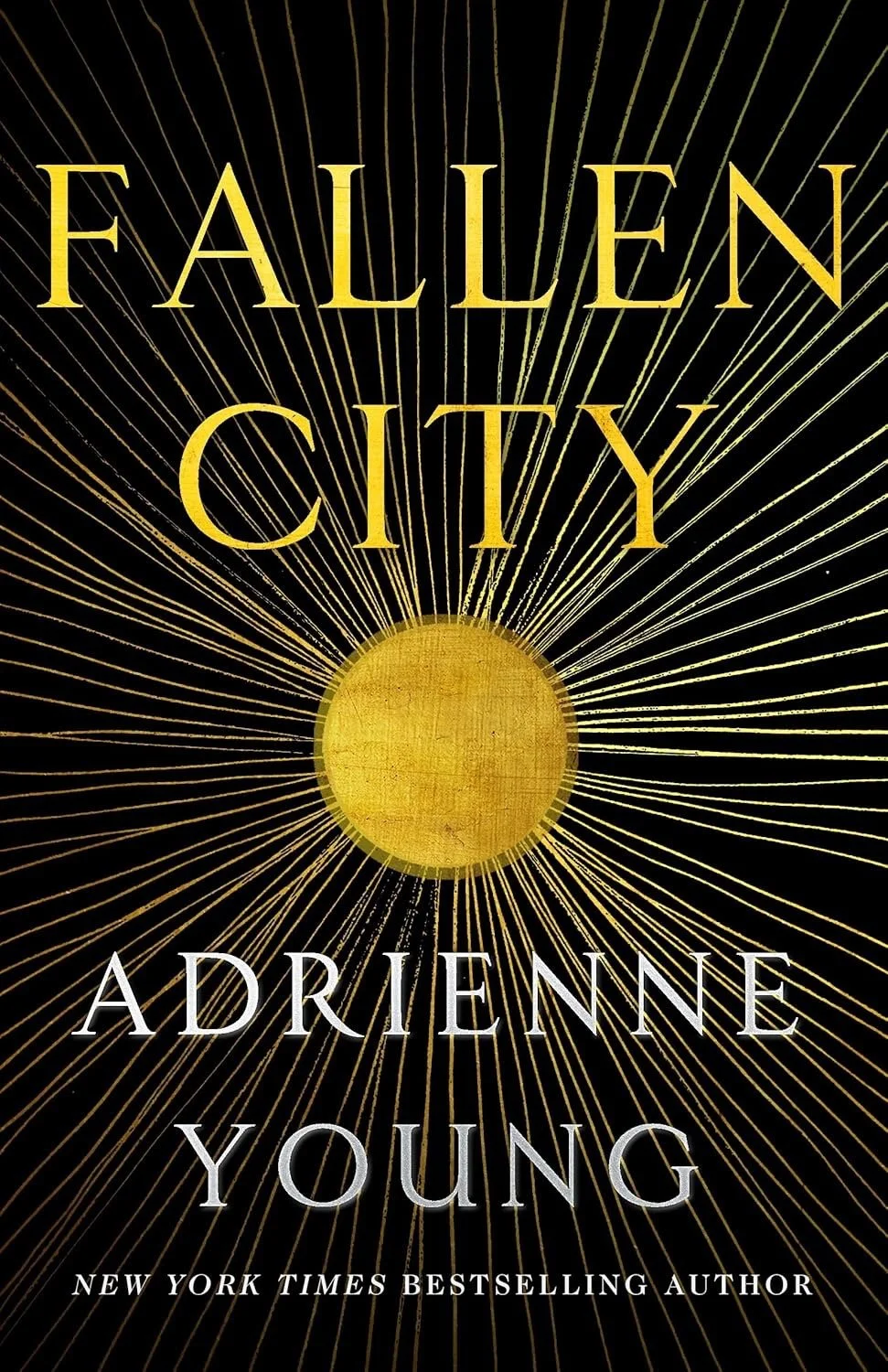The Everlasting — Book Review with Content Warnings
Author: Alix E. Harrow
Genre: Fantasy romance, Alternate history
Series: Standalone
Age Rating: Adult
Synopsis
The Everlasting is a moving and genre-defying quest about the lady-knight whose legend built a nation, and the cowardly historian sent back through time to make sure she plays her part–even if it breaks his heart.
Content Warnings
General Rating: Adult
Spice Rating: Severe—open door intimacy in chapter 17 and briefly in chapter 22; briefly mentioned allusions to sexual desire, sapphic intimacy, and sexual fantasies
Violence Rating: Severe—blood, murder, multiple deaths of a loved one
Profanity Rating: Severe—27 uses of f*ck, 3 uses of c*nt
Other Trigger Warnings: suicidal thoughts, anxiety/panic attacks, PTSD/flashbacks, racism, death of a parent, abusive/toxic relationship, coercion/manipulation, pregnancy, abortion
Overall Rating: 5/5
I absolutely loved it. The writing is incredible. So lyrical, so beautiful. Haunting. Harrow explores powerful themes of nationalism and grasping at power, of love and redemption, of freedom and liberty. However, the explicit nature of the sexual scenes limits whom I might recommend this book to. While not a major portion of the book and easily skippable, reader discretion is advised.
What I Liked
The writing: Beautiful, lyrical writing! Harrow is a poet; I was simply in awe of her sentence structures and how she puts words together. Absolutely stunning.
For one wild moment I felt everything shift around me, the city street dissolving into moss, the chill gray light going softly green. My mouth was full of the clean taste of winter and my heart was, for some reason, breaking. (Loc 250, eARC)
The world: Haunting, ethereal, and grim, the world of The Everlasting holds hints of our present world, especially Great Britain, but retains its own magic.
The earth was not scorched. The air was not sulfurous. An aura of dread did not blacken the skies. There were still slim gray foxes and white hares among the stones, and colorful burses of lichen and juniper berries. (Loc 1181, eARC)
The narrator's perspective: The point of view (POV) changes between Owen’s first-person POV and Una’s first-person POV, with a dash of third-person POV in the third act. It was a unique writing act that allowed the reader to view similar (but not identical) scenes from different lenses as the characters move through alternate timelines. It was a wonderfully creative choice on Harrow’s part, and I think it was executed marvellously.
What I Didn’t Like
Explicit romance: As mentioned, the explicit nature of the romance limits the audience to whom I can recommend this book, for those who are sensitive to content of this nature. I might add that the romance is generally tastefully written, and it honours both characters.
Themes and Reflections
The scars of war: War and killing take their toll on our mortal souls. Owen and Una both experience this as they are required to play the part of soldier and knight.
Who knew better than I how war could warp the mind, until you hated what you ought to love? (Loc 1325, eARC)
Cowardice and courage: Who decides which act is an act of cowardice and which is an act of courage? Owen repeatedly maintains his cowardice, and Una is puzzled by this as she perceives his actions as courageous instead.
Gender roles: What makes a man a man and a woman a woman if they don’t fit social normative gender roles? As a woman who defies patriarchal gender roles myself, I appreciated Harrow’s exploration of gender roles—both characters maintain their biological sex while defying their culture’s gender expectations, and they both support one another in how they prefer to move in the world (e.g., Una, a woman, is a battle-hardened knight, while Owen is the more natural, softer caregiver).
“A woman may not dress as I do, or bear arms, or carry any device that is not her husband’s or her father’s. Yet I do these things, and I am not punished by the church or crown—and so it is easier for most people if I am not a woman.” (Loc 1031, eARC)
Religion-sanctioned nationalism: How far are we willing to go and whom are we willing to evoke to maintain our national identity and power? Harrow masterfully probes at the heart of politics in 2025 and critiques the all-consuming nationalist ambition.
“You argued that a nation is not a boundary on a map or a flag on a pole, but only a story we tell about ourselves.” “Yes, ma’am.” “It’s a hell of a story, isn’t it?” (Loc 517, eARC)
“I was a proud son of Dominion, but—at night, when it was angry and drunk and no one was watching—Dominion would beat its children bloody.”
Writing Style
The writing is unlike any I’ve read before—lyrical, poetic, vivid, and elegant. The pacing was steady and original in its narration. The world was gritty and haunting, melancholic without being depressing, rich in detail while not overwhelming the reader with information. What a thought-provoking story—its nuanced storytelling and dynamic characters stay with the reader long after the story ends.
Tropes
Battle-hardened warrior
Corruption of power
Mastermind villain
Time travel
Prophetic hero
Books Like This
Divine Rivals by Rebecca Ross
Wild Reverence by Rebecca Ross
The Time Traveler’s Wife by Audrey Niffenegger
Edge of Tomorrow (Film)
Publisher Info
Publisher: Tor Books
Release Date: October 28, 2025
eARC received from Netgalley with thanks. All opinions are my own.






How far are we willing to go for the sake of our national identity? Whom are we willing to evoke to maintain our national power?
Alix E. Harrow masterfully probes at the underpinnings of nationalism and politics in The Everlasting, critiquing the all-consuming modern nationalist ambition—a timely critique in 2025.